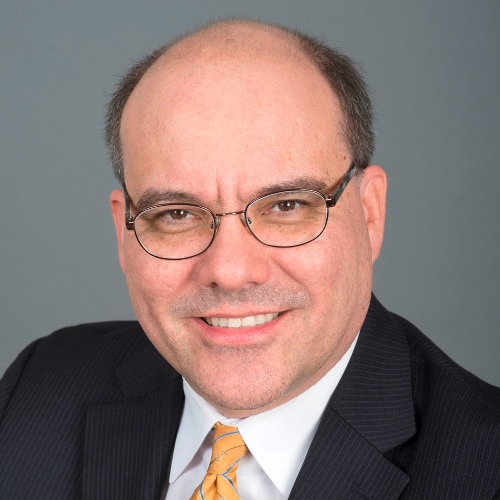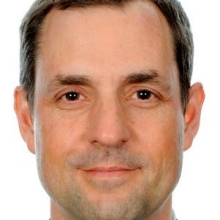
Blogs
Disaster losses disproportionately affect poor people, according to the 2017 “Unbreakable” report. The Caribbean Hurricane season of 2017 was a tragic illustration of this.
Disaster losses disproportionately affect poor people, according to the 2017 “Unbreakable” report. The Caribbean Hurricane season of 2017 was a tragic illustration of this.
A household survey conducted in Accra, Ghana asked people about their experience of the 2015 floods to gain a better understanding of how floods affect poor households and the coping mechanisms they use to deal with floods. This information can be used to better target post-disaster support and design policies to strengthen vulnerable populations.
Using 360-degree Virtual Reality (VR) storytelling, Our Home, Our People tells the human stories behind the Fiji Climate Vulnerability Assessment, a report produced by the Fijian government, GFDRR and World Bank that put significant new detail on what climate change actually means for Fiji’s economy.
How can building codes and regulations help make cities more resilient? Here are a few lessons learned from Japan.
In this video, Ede Ijjasz-Vasquez (@Ede_WBG), Senior Director of the World Bank’s Social, Urban, Rural and Resilience Global Practice and Lesley Cordero, Senior Disaster Risk Management Specialist in the World Bank’s Philippine office, discuss the lessons learned from Typhoon Yolanda and how the Philippine government and other countries can better respond to future disasters.
The experiences of Fiji, the Marshall Islands, and Tuvalu illustrate how a smart combination of global data, local information, and adaptive approaches can help generate the vital risk information that allows decision-makers to build their country’s resilience.
The Uttarakhand Disaster Recovery Project (UDRP) helped rebuild 2,382 more resilient houses based on the owner-driven housing reconstruction model, which allows families to rebuild according to their specific needs. This community-driven approach is important as women are typically at greater risk from natural hazards than men, particularly those who are poor and live in low-income countries
The Understanding Risk community will convene at the Understanding Risk Forum 2018 May 14–18 in Mexico City. The Forum will highlight best practices, facilitate nontraditional partnerships, and showcase the latest technical knowledge in disaster risk identification
The fifth round of social impacts monitoring (SIM) of the impacts of Cyclone Nargis in Myanmar offers unparalleled insights into how the devastating storm has altered the trajectory of affected regions a decade after the disaster.

 Sameh Wahba
Sameh Wahba
 Stéphane Hallegatte
Stéphane Hallegatte
 Sameh Wahba
Sameh Wahba
 Stéphane Hallegatte
Stéphane Hallegatte
 Stephane Hallegate
Stephane Hallegate
 Alvina Erman
Alvina Erman
 Tom Perry
Tom Perry
 Keiko Sakoda
Keiko Sakoda
 Thomas Moullier
Thomas Moullier
 Louisa Helen Barker
Louisa Helen Barker
 Lesley Jeanne Y. Cordero
Lesley Jeanne Y. Cordero
 Ede Ijjasz-Vasquez
Ede Ijjasz-Vasquez
 Naraya Carrasco
Naraya Carrasco
 Denis Jordy
Denis Jordy
 Alessio Giardino
Alessio Giardino
 Hyunjee Oh
Hyunjee Oh
 Francis Ghesquiere
Francis Ghesquiere
 Markus Kostner
Markus Kostner